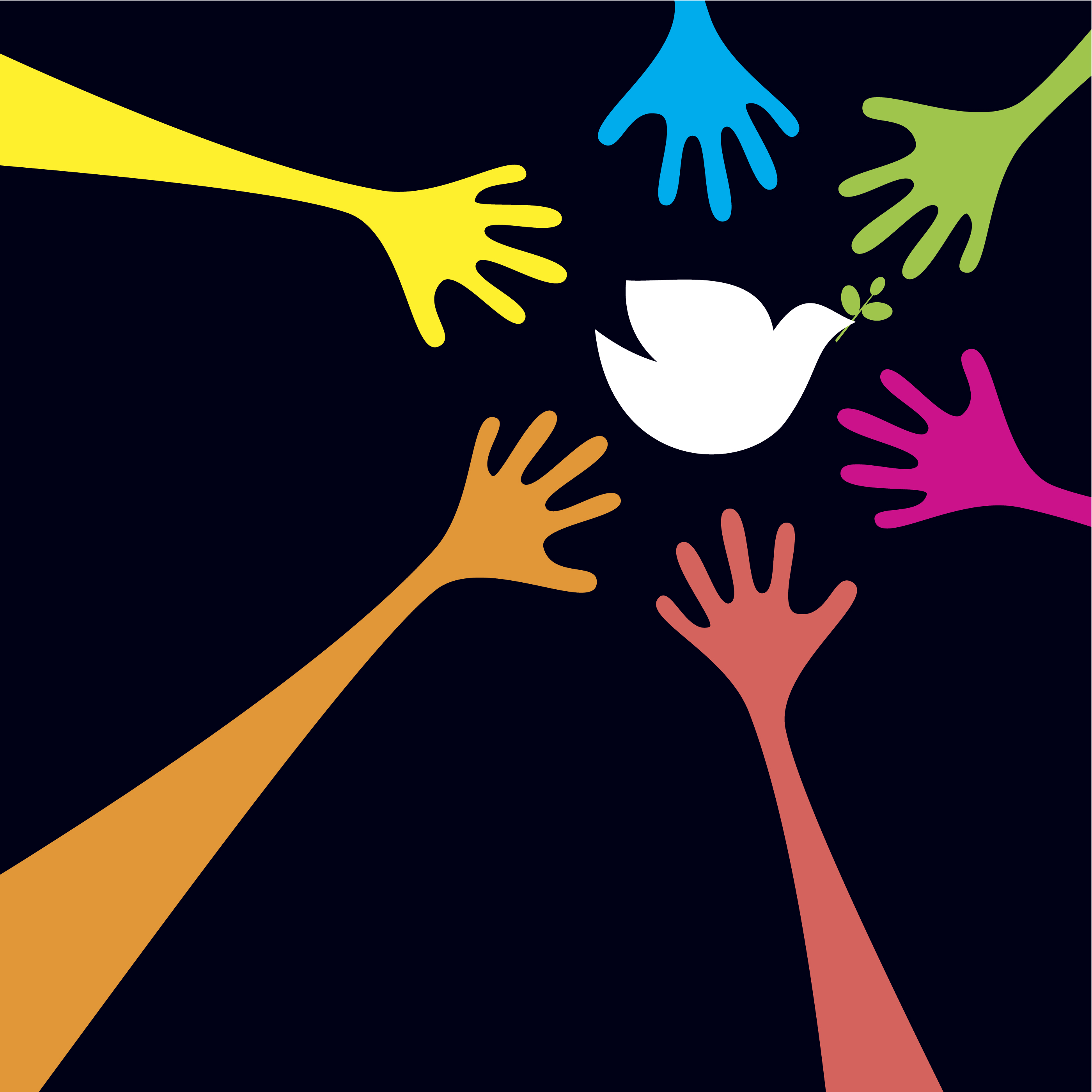Life is change. Growth is optional. Choose wisely. ~~ Karen Kaiser Clark
Change is part of life and life is continual change. We can’t separate the two. We work and work to get things tidy, predictable, manageable, and dependable. Steady income – check. Dependable relationships – check. Feeling healthy and energetic – check. We want to organize those routines of life and have them stay steady so we can polish, shine and grow upward.
We can get discouraged when our steady foundation gets rocked by change. It’s like having to spend money on the non-glam projects during a house renovation – the furnace, roofing, insulation – when we are craving to be picking colors and matching fabric swatches. Ever notice how the really fun home shows on TV do not involve price-checking furnaces? They’re more often about swanning around town, figuring out which chandelier will match our new loveseat.
Grow up and grow down
It’s because we judge each other on all the shiny stuff. With that desire to look like we’ve made it in life – to have all the shiny stuff – we can sometimes overlook when our foundation needs help. It’s important to grow upward to the things that bring happiness and a smile. But it’s also important to grow downward to develop and nourish our roots.
As much as we love our shiny possessions, it’s only our roots that we truly have control over. The shiny things, the dependable relationships, the steady income all come and go. This became very clear to me last month at a mindfulness retreat with Thich Nhat Hahn, a Buddhist monk. (He was a pivotal teacher for Martin Luther King Jr. on his journey to peaceful resistance. He’s 87 and can teach without notes, cross-legged on a cushion, for 2 hours without skipping a beat.)
I attended a talk about handling change with resilience. He compared change and loss to a windstorm passing through a forest. (The Buddhist teachings use a lot of imagery from nature.) All the trees may lose the beauty of their leaves and branches in the storm but it’s those with the deepest roots that will recover to bloom again.
Growing our roots
We can’t control when the storms arrive and what they take with them. But we have three roots that we can nurture – areas to cultivate that will sustain us in the storms:
- the way we treat our body – do we listen to our bodies and treat them with care?
- how we express ourselves – do the words we use with others and the energy and attitude we bring to our relationships make a positive difference?
- how we work with our thinking – do we recognize the good and the positive in our lives and focus on what’s working?
There was a lot of discussion in the group about the most painful changes in life. And while people talked about jobs and possessions, it’s the people who were compassionate with us when we felt vulnerable that stay with us forever. We all agreed that they were missed more for their kind words and loving natures than any material possession they had.
Pass it on
We can sustain the memory of their goodness and compassion by cultivating compassion for others and ourselves. When the winds of change are howling, how do you treat yourself and others? Do you let the stress and discomfort get to you? Do you neglect yourself? Or do you treat yourself with the same kindness and compassion that others have in the past?
Kristin Neff is a leading researcher in the area of self-compassion. Her work is based on the idea that we are healthier and more in touch with our humanity when we can be compassionate towards ourselves in the difficult times of life. You can find out more about her work here. Here’s one of her exercises to help you explore self-compassion:
How do you typically react to yourself?
- What types of things do you typically judge and criticize yourself for (appearance, career, relationships, parenting, etc.)?
- What type of language do you use with yourself when you notice some flaw or make a mistake (do you insult yourself, or do you take a more kind and understanding tone)?
- When you are being highly self-critical, how does this make you feel inside?
- When you notice something about yourself you don’t like, do you tend to feel cut off from others, or do you feel connected with your fellow humans who are also imperfect?
- What are the consequences of being so hard on yourself? Does it make you more motivated and happy, or discouraged and depressed?
- How do you think you would feel if you could truly love and accept yourself exactly as you are? Does this possibility scare you, give you hope, or both?
Image: iStockphoto
If you enjoyed this post, please share it with your friends!

